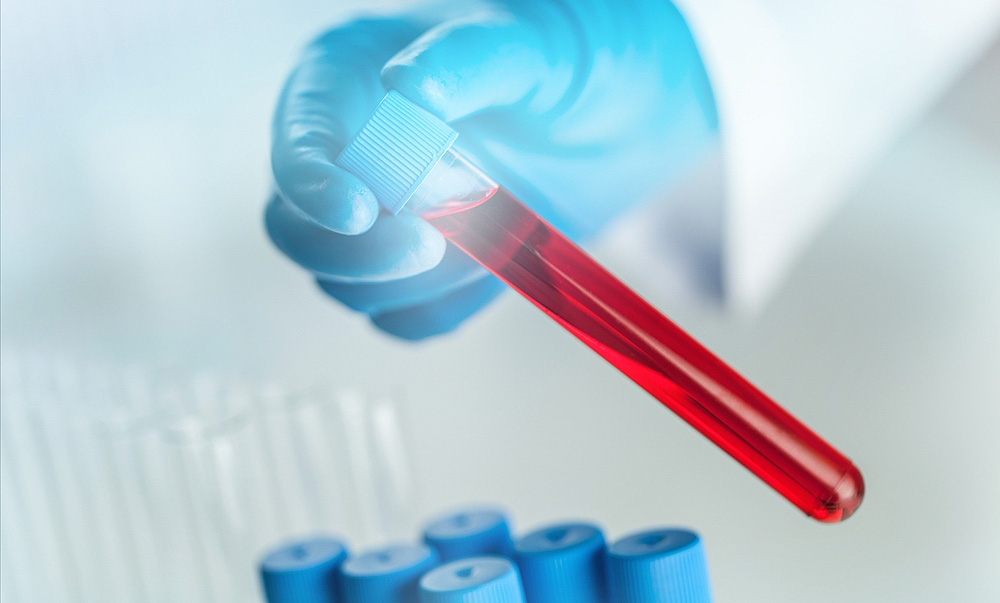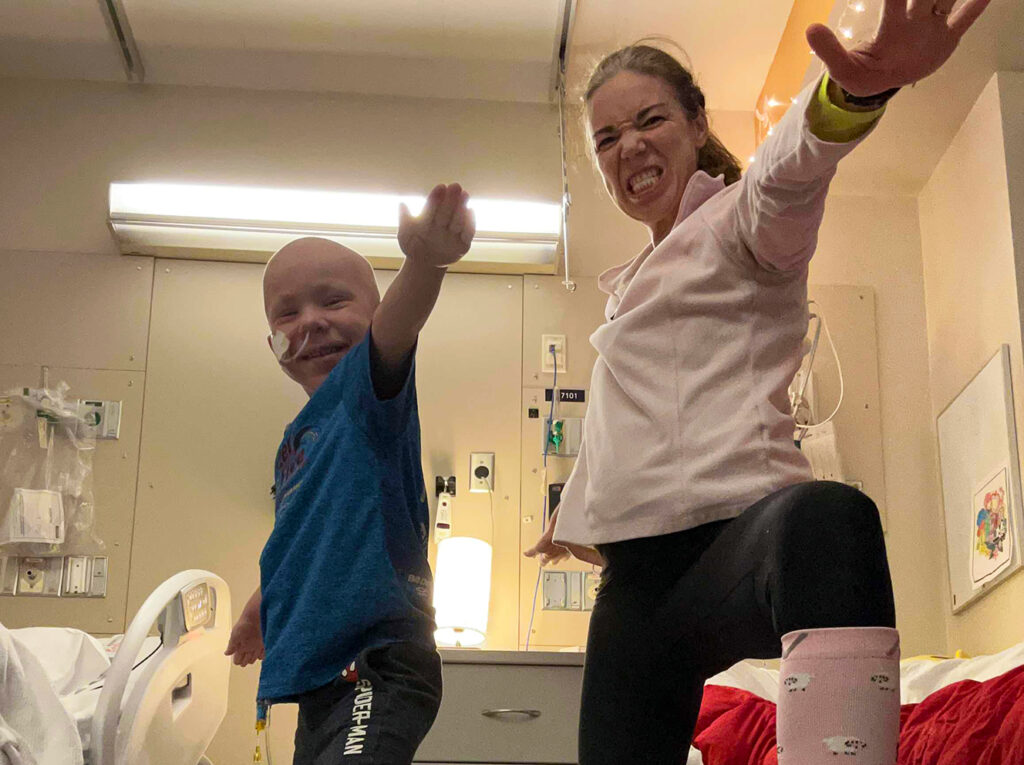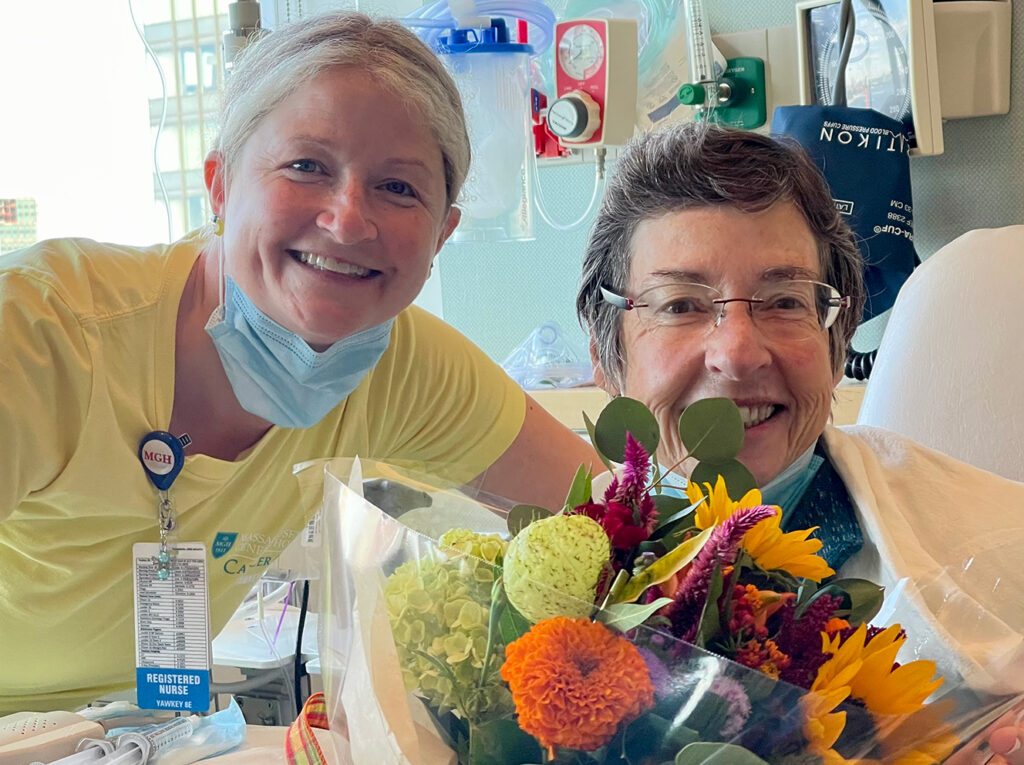Many cancer patients eventually develop a resistance to their treatments. To help oncologists quickly and accurately identify early signs of treatment resistance, researchers have developed a new diagnostic tool called a liquid biopsy. Now a team from the Massachusetts General Hospital Cancer Center is providing confirmatory data that may help to move liquid biopsies into clinical practice. These data were presented at the ESMO 19th World Congress on Gastrointestinal Cancer.

A liquid biopsy is a diagnostic test that detects circulating tumor DNA (ctDNA), which is genetic material released by dying tumor cells that flows through the bloodstream. Changes in ctDNA levels can provide early notice when a treatment is no longer working. Scientists also believe that liquid biopsies could provide a more complete picture of the genetic changes in tumor cells that are driving the resistance to treatment, which could guide new treatment courses.
Liquid Biopsies Reveal Treatment Resistance
To test out liquid biopsies’ efficacy, Mass General Cancer Center investigators followed nearly 40 patients with various forms of gastrointestinal cancers who had experienced initial success with targeted therapies, but then began to show signs of treatment resistance. Using liquid biopsies, researchers identified one or more mutations or mechanisms that contributed to treatment resistance in 31 of the 40 patients. Fourteen of these patients had multiple mutations that contributed to resistance.

“Identifying what specific mutations are responsible for treatment resistance is very important in helping clinicians choose what treatment path a patient should try next,” said study investigator Aparna Parikh, MD, from the Mass General Cancer Center.
Dr. Parikh says the next step is to study how best to use this new technology in daily practice.
Delivering New Targeted Therapies
The Mass General Cancer Center is a world leader in personalized cancer medicine. It offers access to the leading clinical trials for therapies that target specific genetic mutations that allow cancer cells to multiply. Mass General’s Henri and Belinda Termeer Center for Targeted Therapies offers a comprehensive research program that aims to speed the discovery and delivery of new targeted therapies to patients with early and advanced stage cancers.
For more information on how you can support research at the Mass General Cancer Center, please contact us.
This story first appeared on the Mass General Research Institute’s Web site.








